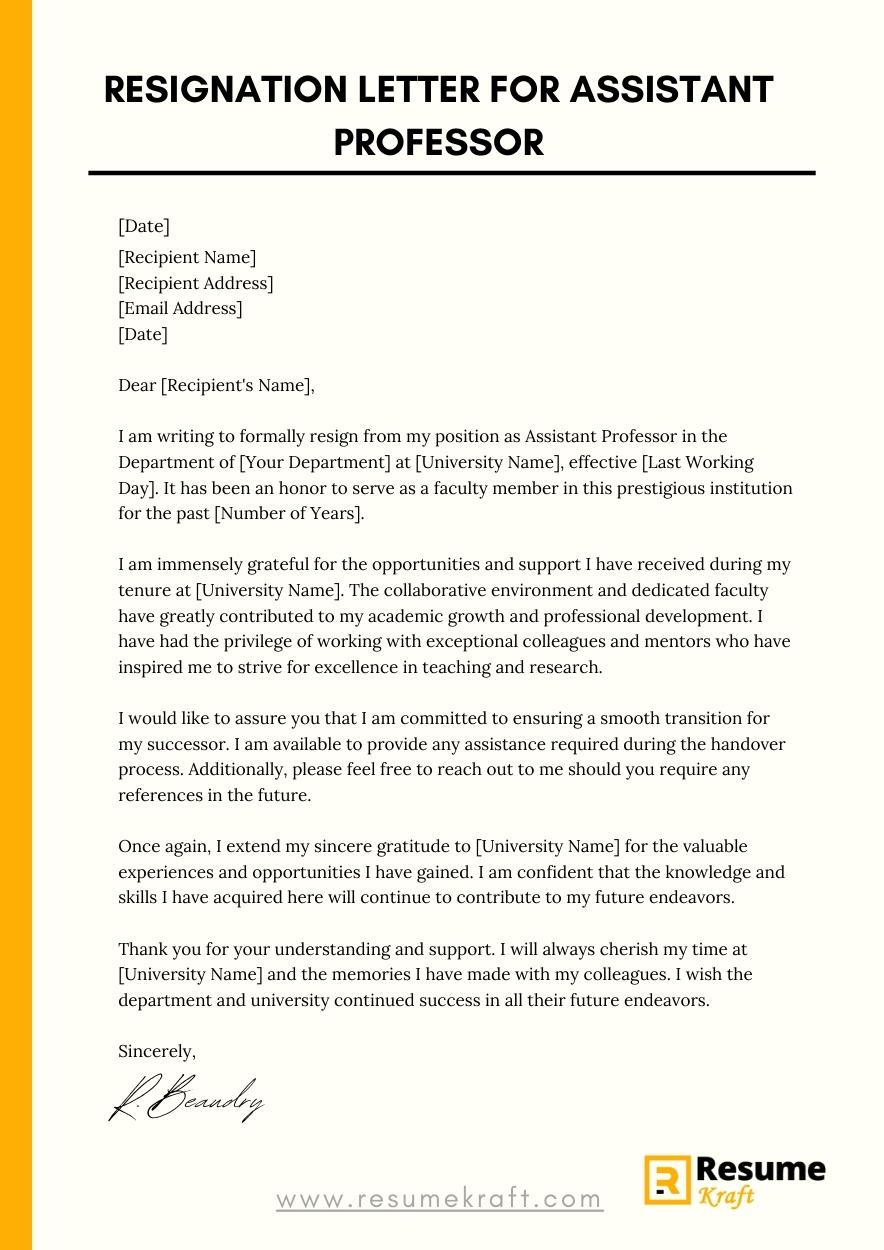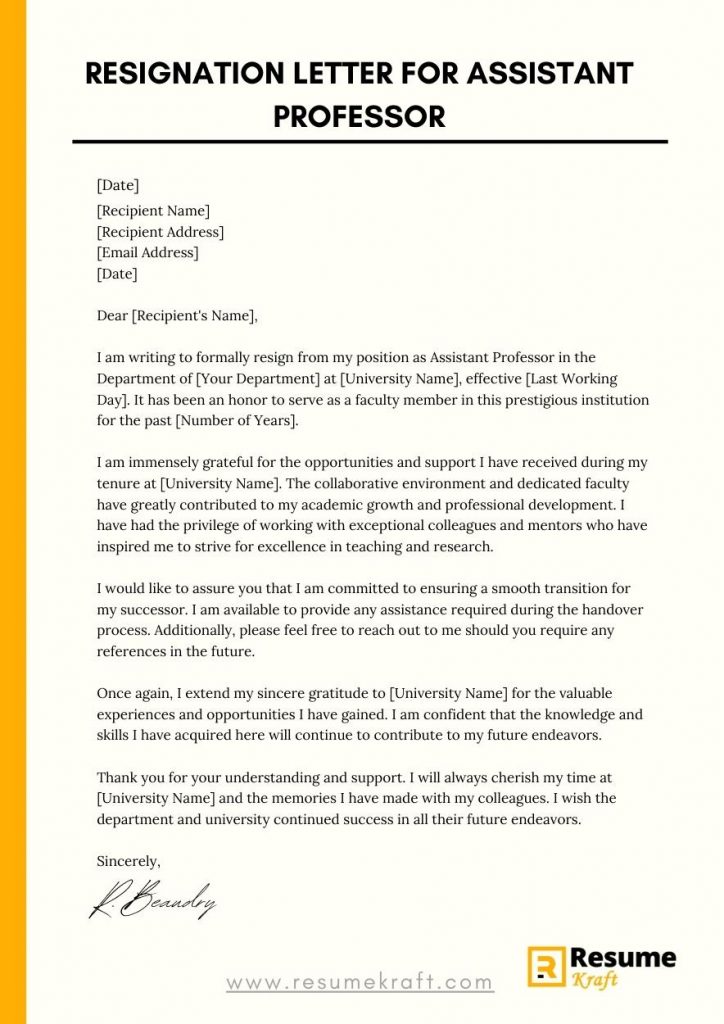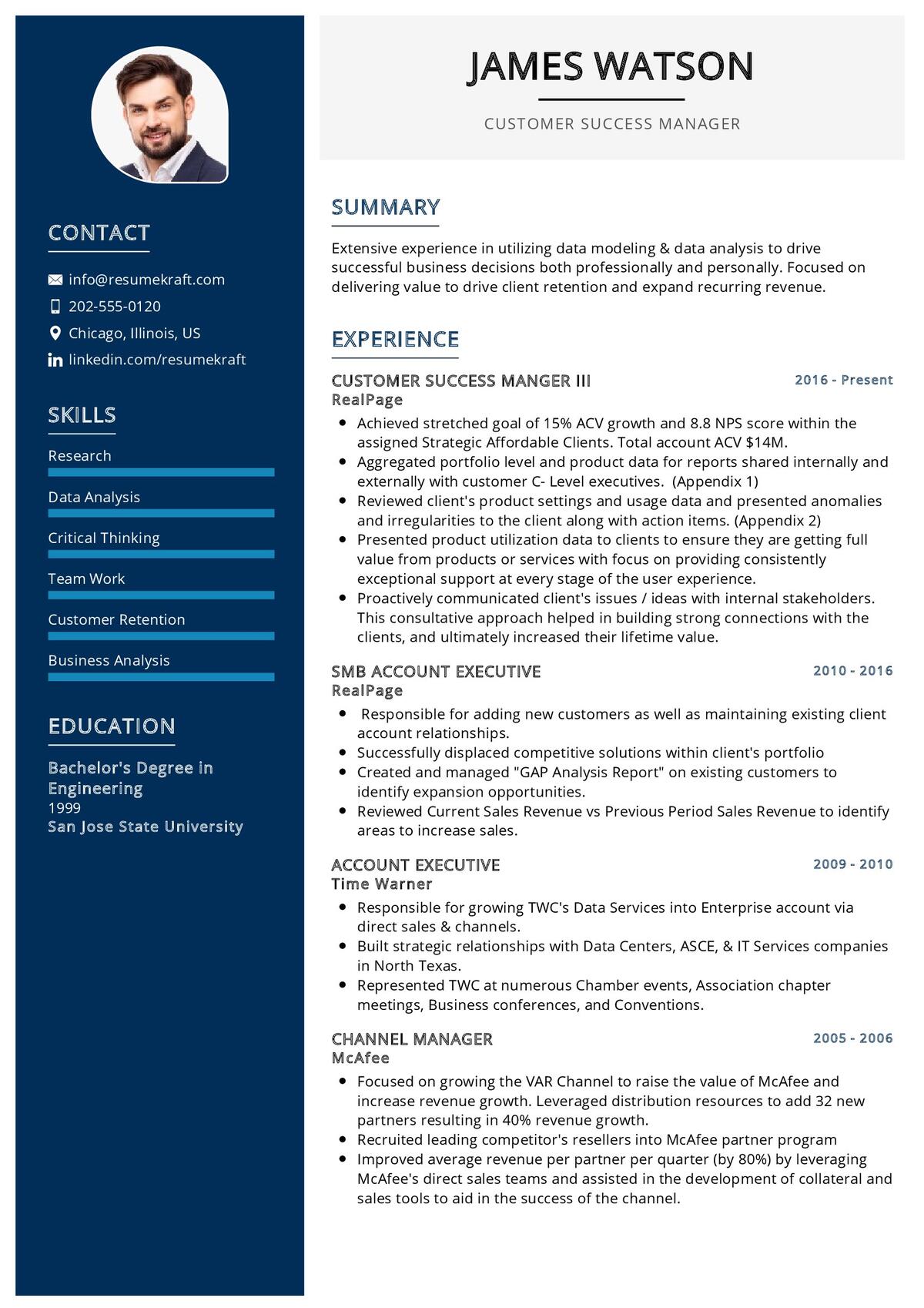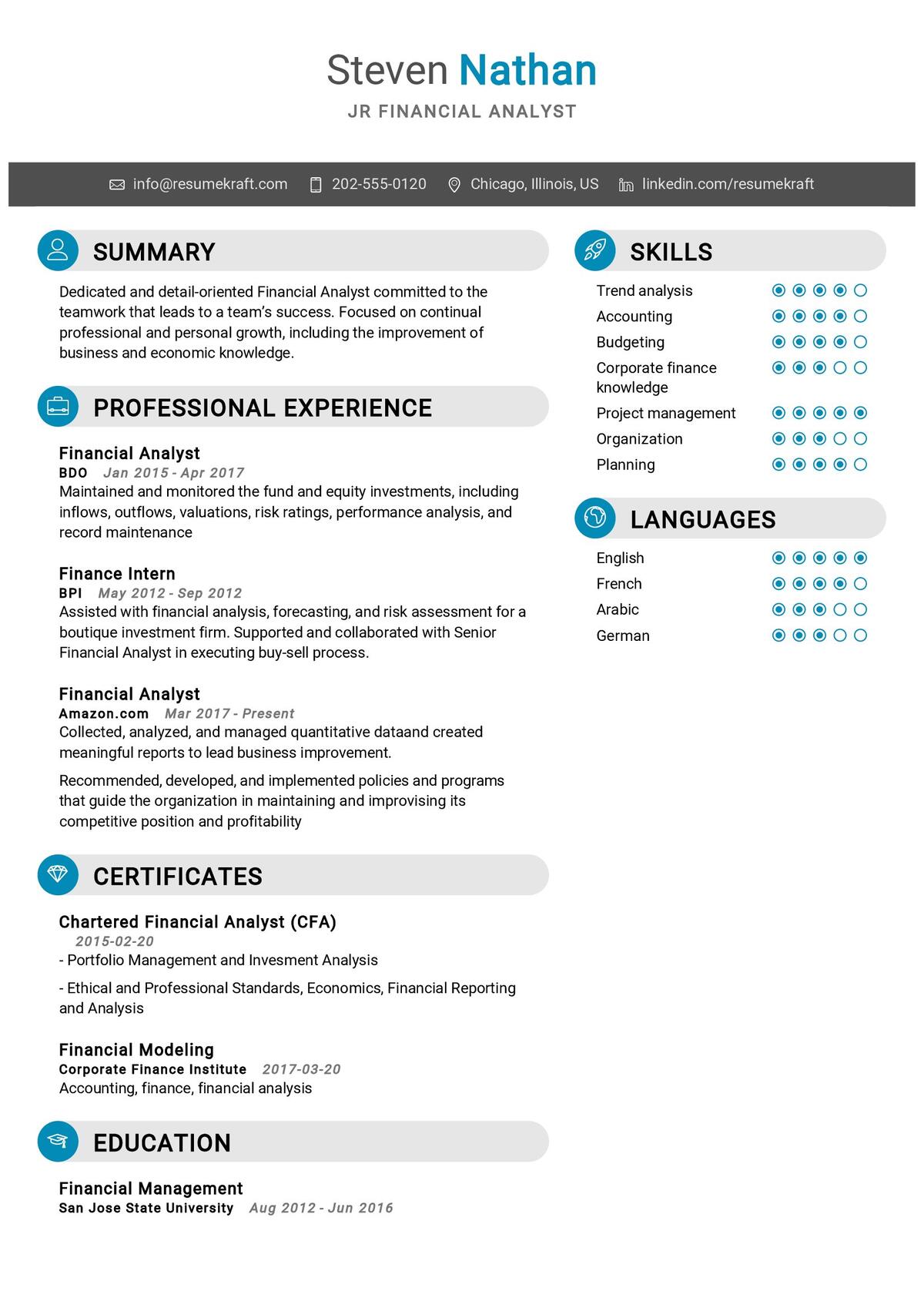
Resigning from a position as an assistant professor can be a challenging and emotional decision. To ensure a smooth transition and maintain professional relationships, it is important to write a proper resignation letter. In this guide, we will walk you through the steps of writing a resignation letter for an assistant professor, including what to include, what to avoid, and how to format your letter. We will also provide you with samples to help you craft your own unique resignation letter.
- What To Include in a Resignation Letter for an Assistant Professor
- What Not to Include in Your Resignation Letter for an Assistant Professor
- How To Format a Resignation Letter for an Assistant Professor
- Resignation Letter Sample for an Assistant Professor
- Email Resignation Letter Example for an Assistant Professor
- Key Takeaways
- Frequently Asked Questions
- Conclusion
What To Include in a Resignation Letter for an Assistant Professor
- Date: Begin by including the date at the top of your resignation letter. This will provide a clear timeline for your departure and will serve as a reference for future correspondence.
- Recipient’s Information: Address your letter to the appropriate person, typically your department chair or supervisor. Include their name, title, and university address. If you are uncertain about the recipient, reach out to your HR department for clarity.
- Greeting: Begin your letter with a professional and courteous greeting, such as “Dear Dr. [Recipient’s Last Name].”
- Statement of Resignation: Clearly state your intention to resign from your position as an assistant professor. Be concise and direct in expressing your decision. For example, “I am writing to formally resign from my position as Assistant Professor in the Department of [Your Department] at [University Name], effective [Last Working Day].”
- Reason for Resignation (Optional): You may choose to provide a brief explanation for your resignation, although it is not mandatory. If you decide to share your reasons, keep them professional and tactful, focusing on the opportunity or next step in your career that prompted your decision.
- Acknowledgment and Gratitude: Express gratitude for the opportunities and experiences gained during your time as an assistant professor. Highlight any achievements, collaborations, or mentorships that have positively impacted your professional growth. This reflects positively on your character and fosters goodwill.
- Transition Plan: Offer assistance in ensuring a smooth transition for your successor. Mention your willingness to help with the handover process, potential references for future hiring, or any other support you can provide during the transition period.
- Contact Information: Include your contact information, such as your personal email address and phone number. This will make it easier for your colleagues to stay in touch with you after you leave.
- Closing: End your resignation letter with a professional closing, such as “Sincerely” or “Best regards,” followed by your full name and signature.
What Not to Include in Your Resignation Letter for an Assistant Professor
- Negative Remarks: Avoid including negative or critical comments about the institution, colleagues, or any personal grievances. Maintain a professional tone throughout your resignation letter.
- Emotional Outbursts: Keep your resignation letter professional and composed. Refrain from venting personal frustrations or emotions in your letter.
- Unprofessional Language: Use formal language and avoid slang or informal expressions. Remember that this letter will become part of your professional record and may be referred to in the future.
- Detailed Explanations: While you may choose to provide a brief reason for your resignation, avoid providing excessive details or placing blame on specific individuals or circumstances.
- Requests for Counteroffers: If you have received another job offer or opportunity, avoid mentioning it in your resignation letter. This type of negotiation should be done in person or through a separate conversation with your supervisor.
How To Format a Resignation Letter for an Assistant Professor
- Font and Size: Use a professional font such as Arial or Times New Roman in a size between 10 and 12 points. This ensures readability and a clean presentation.
- Margins: Set your margins to 1 inch on all sides to maintain a balanced and professional appearance.
- Alignment: Align your text to the left.
- Spacing: Use single or 1.15 line spacing for the body of your letter. Leave a blank line between each paragraph.
- Length: Keep your resignation letter concise and focused. Aim for one page or less unless you have relevant additional information to include.
- Proofreading: Carefully proofread your letter for any spelling or grammatical errors. Check that the recipient’s name and contact information are accurate.
Resignation Letter Sample for an Assistant Professor

Printed Resignation Letter Sample
[Assistant Professor’s Name]
[Assistant Professor’s Address]
[City, State, Zip Code]
[Email Address]
[Phone Number]
[Date]
Dr. [Recipient’s Last Name]
Department Chair
[University Name]
[University Address]
[City, State, Zip Code]
Dear Dr. [Recipient’s Last Name],
I am writing to formally resign from my position as Assistant Professor in the Department of [Your Department] at [University Name], effective [Last Working Day]. It has been an honor to serve as a faculty member in this prestigious institution for the past [Number of Years].
I am immensely grateful for the opportunities and support I have received during my tenure at [University Name]. The collaborative environment and dedicated faculty have greatly contributed to my academic growth and professional development. I have had the privilege of working with exceptional colleagues and mentors who have inspired me to strive for excellence in teaching and research.
I would like to assure you that I am committed to ensuring a smooth transition for my successor. I am available to provide any assistance required during the handover process. Additionally, please feel free to reach out to me should you require any references in the future.
Once again, I extend my sincere gratitude to [University Name] for the valuable experiences and opportunities I have gained. I am confident that the knowledge and skills I have acquired here will continue to contribute to my future endeavors.
Thank you for your understanding and support. I will always cherish my time at [University Name] and the memories I have made with my colleagues. I wish the department and university continued success in all their future endeavors.
Sincerely,
[Assistant Professor’s Full Name]
[Assistant Professor’s Signature]
Email Resignation Letter Example for an Assistant Professor
Subject: Resignation from Assistant Professor Position
Dear Dr. [Recipient’s Last Name],
I hope this email finds you well. I am writing to formally tender my resignation as Assistant Professor in the Department of [Your Department] at [University Name], effective [Last Working Day]. Please consider this email as my official resignation notice.
I am grateful for the opportunities and experiences I have gained during my time at [University Name]. The support and collaboration among colleagues have been remarkable and have contributed significantly to my professional growth. I am confident that the skills and knowledge I have acquired here will continue to shape my future endeavors.
I would like to extend my willingness to assist in ensuring a smooth transition for my successor. Please let me know how I can be of help during this period.
Thank you for your understanding and support. I will always cherish my time at [University Name] and the relationships I have formed with my colleagues. I wish the department and university continued success in their mission.
Sincerely,
[Assistant Professor’s Full Name]
Key Takeaways
- When writing a resignation letter as an assistant professor, include the date, recipient’s information, statement of resignation, reasons for resigning (optional), acknowledgment and gratitude, transition plan, and contact information.
- Avoid including negative remarks, emotional outbursts, unprofessional language, detailed explanations, and requests for counteroffers.
- Format your resignation letter with a professional font and size, maintain appropriate margins, left-align your text, and use consistent spacing.
- Proofread your letter for errors and accuracy before sending it.
Planning to Write a Resume?
Check our job winning resume samples


Frequently Asked Questions
1. Is it necessary to provide a reason for resigning in a resignation letter?
It is not mandatory to provide a reason for resigning in a resignation letter. However, it is common to offer a brief explanation or express gratitude for an opportunity that prompted your decision.
2. Can I email my resignation letter as an assistant professor?
Yes, you can send your resignation letter via email. Ensure that your email follows a professional format and includes all the necessary elements of a resignation letter.
3. Should I mention my future job offer in the resignation letter?
It is generally advisable not to mention specific job offers or negotiations in your resignation letter. This type of information can be shared through a separate conversation with your supervisor.
4. How long should my resignation letter be as an assistant professor?
A resignation letter should be concise and focused, ideally fitting on one page or less. However, if you have relevant additional information to include, it is acceptable to extend the length slightly.
5. Can I seek assistance from my colleagues in writing my resignation letter?
While it can be helpful to seek advice or feedback from trusted colleagues, it is essential to draft your resignation letter in your own words. This ensures that the letter reflects your thoughts and maintains a personal touch.
Conclusion
Writing a resignation letter as an assistant professor requires thoughtfulness and professionalism. By following the guidelines provided in this guide, you can resign gracefully and maintain positive relationships as you embark on new professional endeavors. Remember to keep your letter concise, show gratitude, and offer assistance for a smooth transition.

